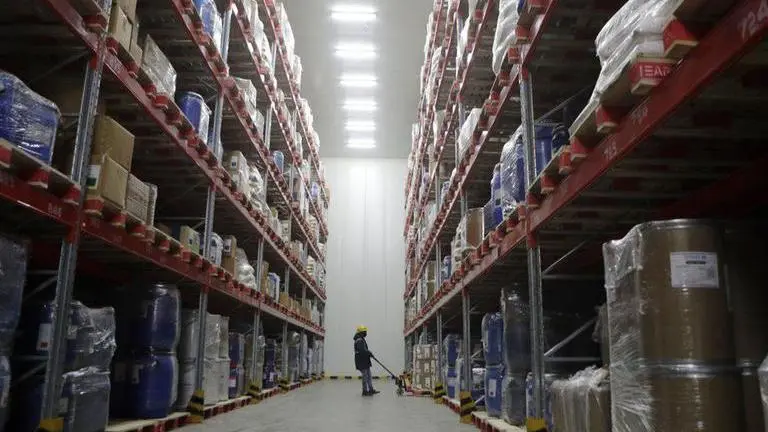Updated 19 October 2020 at 19:03 IST
COVID-19: 3 billion people may not get access to vaccine due to storage issues
Despite various steps being taken to ensure that the developing countries are equipped with the vaccine, nearly 3 billion people would not gain access.
- World News
- 2 min read

Despite various steps being taken to ensure that the developing countries are equipped with the vaccine, nearly 3 billion people would not be able to gain access to it due to storage issues. According to the reports by AP, 3 billion people live where temperature-controlled storage is insufficient for an immunization campaign to fight the novel coronavirus. This means that the poor who are hardest hit by the pandemic will be the last to recover from it.
Poor people to suffer the most
Maintaining the vaccine ‘cold chain’ won’t be easy for the rich countries as well. This shows how the infrastructure and cooling technology lags behind the fast paced process that the vaccine development has indulged into. According to the reports by AP, logistics experts have warned that massive parts of the world ‘lack the refrigeration to administer an effective vaccination program’. These countries include most of Central Asia, most parts of India, southeast Asia and Latin America.
(Image taken from video showing an aerial view of the UNICEF warehouse. Image Credits: AP)
(Image taken from video shows people working inside the UNICEF warehouse. Image Credits: AP)
Advertisement
In a bid to maintain the cold chain in developing nations, various international organizations have supervised the installation of tens of thousands of solar powered vaccine refrigerators. Poor countries can receive a vaccine through the Covax initiative which is led by the World Health Organization and the Gavi vaccine alliance. As of now, 42 coronavirus vaccine candidates are in clinical trials and 151 are in pre-clinical evaluation. UNICEF began the global distribution few months ago in Copenhagen. Taking a lesson from the past, logistics staff are trying to overlook the shortages at the world’s largest humanitarian aid warehouse. The experts are trying to tale care of the chaos due to the global shortages of masks and other protective gear that were stolen and traded on the black market.
Advertisement
Also Read: Palestine Peace Negotiator Saeb Erekat Admitted To Israeli Hospital For COVID-19 Treatment
(Image Credits: AP)
Published By : Akanksha Arora
Published On: 19 October 2020 at 19:04 IST


